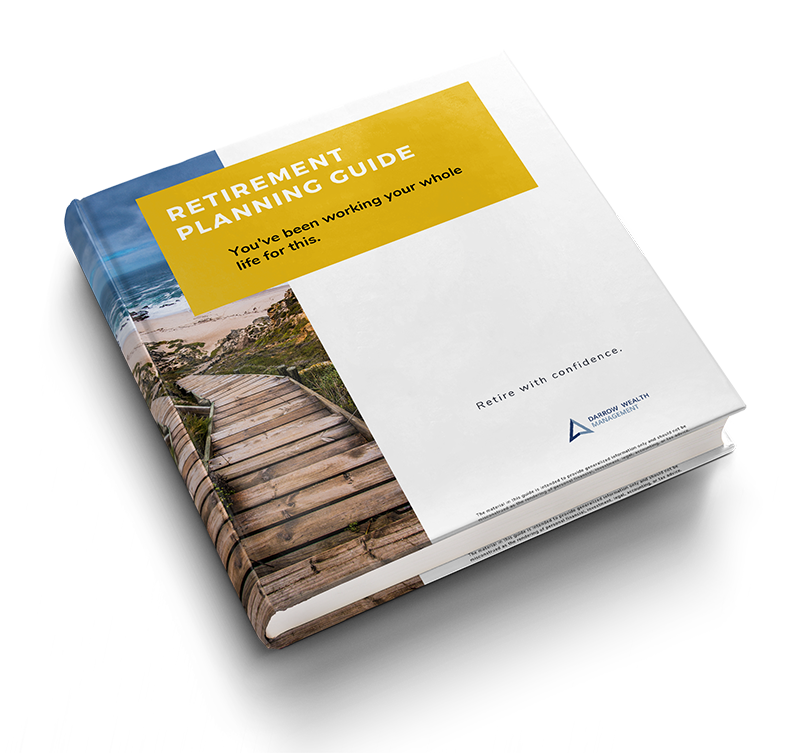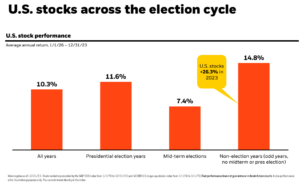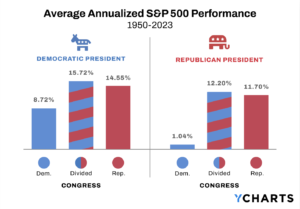Updated for 2022. The Simplified Employee Pension (SEP IRA) is a type of a Traditional IRA typically adopted by self-employed small business owners (sole proprietors, partnerships, C and S corporations), and the self-employed. Unlike most types of retirement plans, the SEP IRA is almost always funded exclusively by the employer – employees generally cannot contribute to this type of retirement plan.
The SEP IRA is a type of IRA, so the same rules will apply. For example, IRAs do not permit loans and cannot invest in life insurance. There is a lot to juggle as a business owner and entrepreneur, but don’t overlook the importance of having a solid investment management strategy and retirement plan.
The SEP IRA for the Self-Employed
SEP IRA eligibility rules if you have employees
An employer with one or more employees can establish a SEP. Unlike a Solo 401(k) which cannot be adopted if the business has non-spouse employees, a SEP IRA must cover all eligible employees. An employee is eligible if they are over age 21, have worked at the company for at least three of the last five years, and made $600+ in compensation for the year. A business can choose to make their eligibility requirements less stringent, but cannot be more restrictive than these provisions.

How much can you contribute to a SEP IRA?
Contribution Limits
The maximum contribution is the lesser of: 25% of W-2 earnings, 20% of net income if self-employed, or $58,000 in 2021 ($61,000 in 2022). All eligible employees must be covered by the plan. So when SEP contributions are made, they must be done equally across all eligible participants. This can either be a flat dollar amount or equal percentage of compensation.
Employers can decide whether to make an annual contribution and in the amount. But again, contributions can’t favor one participant over another. Due to the eligibility requirements and rigid contribution rules, SEP IRAs are mostly used by business owners without employees.
Can I contribute to a SEP IRA if I have a retirement plan at work?
SEP IRA Tax Deduction
Using a SEP IRA can have tax benefits for business owners. For sole proprietors, the SEP contribution will represent an above-the-line deduction on your personal tax return. If your business is taxed as a C or S corporation, multi-member LLC, or partnership, SEP contributions are deductible business expenses. This reduces the company’s net taxable income, which reduces taxable income that flows through onto a K-1.
Other SEP IRA Benefits:
- Easy and flexible to set up and fund: SEP IRAs are the most flexible type of plan. SEPs can be set up as late as a tax filing extension and still count towards the previous calendar year
- Administration: SEP IRAs are not subject to annual IRS filings
- SEP funding amount: Contribution limits: the annual contribution limits (the lesser of 25% of W-2 earnings, or 20% of net income if self-employed, or $58,000 in 2021 and $61,000 in 2022) allow for significant savings when business is strong
- Impact on other IRA contributions: Unless a SEP plan allows for employee contributions, employer contributions generally will not impact the ability to make annual additions to a Traditional or Roth IRA, subject to annual limitations and income thresholds for tax-deductible and Roth contributions
Possible Drawbacks to the SEP IRA:
- No loan provisions: because SEP IRAs have the same rules as Traditional IRAs, loans are not available
- Contribution limits may be less than a Solo 401(k): given the availability of the elective deferral and catch-up contribution, some business owners may be able to save more using a Solo 401(k) plan than a SEP IRA. This will vary on an individual basis
- No Roth component: all contributions to SEP IRAs are before tax and will be ordinary income in retirement
Compare 3 types of retirement plans for small businesses with employees
Self-employed IRA or 401(k)? The Solo 401(k) is an alternative if you don’t have any employees
SEP IRA vs Self-Employed 401(k)
Choosing Between a SEP IRA and Solo 401(k)
Saving for retirement as a business owner and entrepreneur
As a business owner, you are always juggling multiple priorities. Especially early on, it may be difficult to even think about saving for retirement, as you’re probably putting everything back into your business. No matter how likely a liquidity event or profitability goal may seem on the horizon, another event is surely more probable: one day you will want to, or need to, retire.










